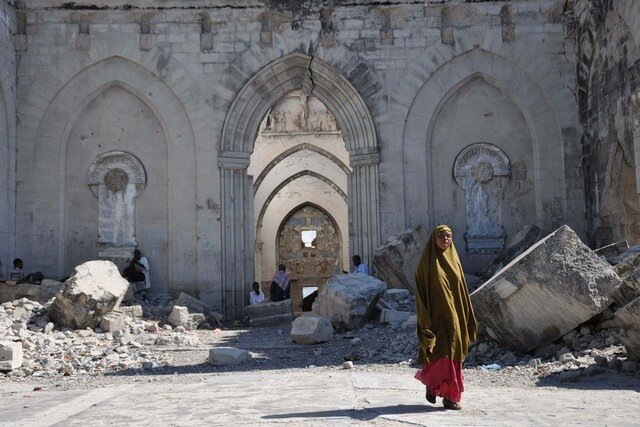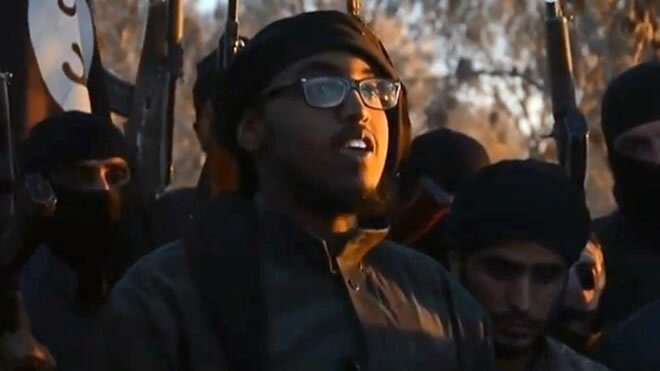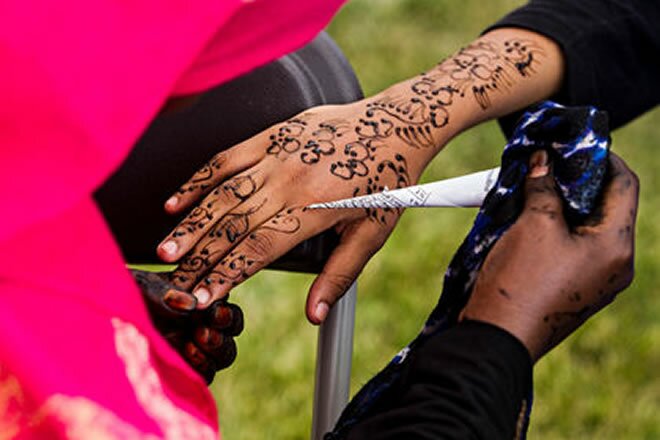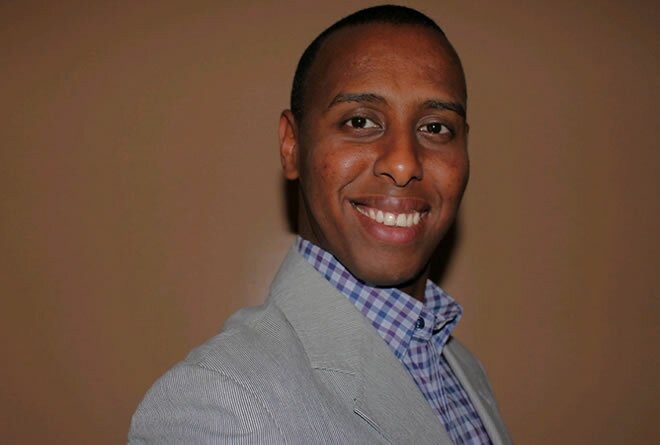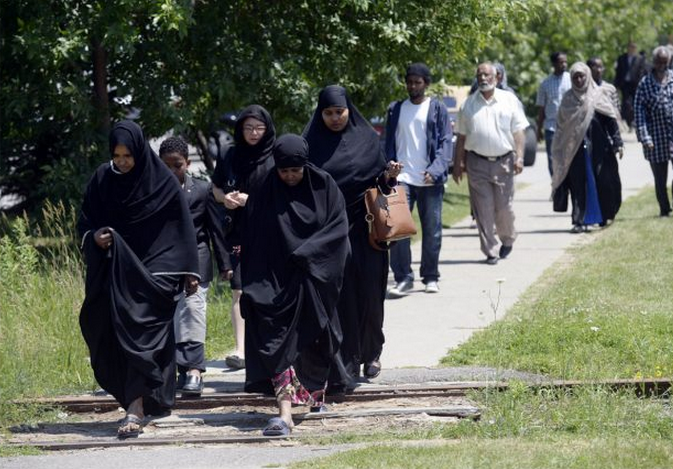Canada’s Public Safety Minister Van Loan ‘alarmed’ by terror cells
// -->
if (imgBox != null && photo != null) { if(photo.width >= 460) { imgBox.className = 'imagesize460'; } else { if(photo.width >= 300) { imgBox.className = 'imagesize310'; } else { imgBox.className = 'imageboxpadding'; } imgBox.style.width = photo.width + 'px'; } } } function getStoryFontSize() { var storyfontsize = getCookie('storyfontsize'); var storyfontimage = getCookie('storyfontimage');
// use cookied value, if present if (storyfontsize != null) { setClass('story_content',storyfontsize); if (storyfontimage != null) { setClass('fontsizecontainer',storyfontimage); } } else // default it to para14 if no cookie { setClass('story_content','para14'); setClass('fontsizecontainer','size02'); } } function setStoryFontSize(storyfontsize,storyfontimage) { setClass('story_content',storyfontsize); setClass('fontsizecontainer',storyfontimage); setCookie('storyfontsize', storyfontsize, '365', '/', '', ''); setCookie('storyfontimage', storyfontimage, '365', '/', '', ''); } function setCookie( name, value, expires, path, domain, secure ) { // set time var today = new Date(); today.setTime( today.getTime() );
if ( expires ) { expires = expires * 1000 * 60 * 60 * 24; //days } var expires_date = new Date( today.getTime() + (expires) );
document.cookie = name + "=" + escape( value ) + ( ( expires ) ? ";expires=" + expires_date.toGMTString() : "" ) + ( ( path ) ? ";path=" + path : "" ) + ( ( domain ) ? ";domain=" + domain : "" ) + ( ( secure ) ? ";secure" : "" ); } function getCookie( check_name ) { // split this cookie up into name/value pairs var a_all_cookies = document.cookie.split( ';' ); var a_temp_cookie = ''; var cookie_name = ''; var cookie_value = ''; var b_cookie_found = false; // set boolean t/f default f
for ( i = 0; i < a_all_cookies.length; i++ ) { // split apart each name=value pair a_temp_cookie = a_all_cookies[i].split( '=' );
// and trim left/right whitespace while we're at it cookie_name = a_temp_cookie[0].replace(/^s+|s+$/g, '');
// if the extracted name matches passed check_name if ( cookie_name == check_name ) { b_cookie_found = true; // we need to handle case where cookie has no value but exists (no = sign, that is): if ( a_temp_cookie.length > 1 ) { cookie_value = unescape( a_temp_cookie[1].replace(/^s+|s+$/g, '') ); } // note that in cases where cookie is initialized but no value, null is returned return cookie_value; break; } a_temp_cookie = null; cookie_name = ''; } if ( !b_cookie_found ) { return null; } }
// -->
Peter Van Loan said in an interview the Canadian Security Intelligence Service was monitoring the issue and suggested that those involved could be prosecuted under the Anti-Terrorism Act once they return. “While the problem is real, I wouldn’t want to overstate the degree of it. We are talking relatively small numbers within the community. It’s not a widespread phenomenon,” he told the National Post.
CSIS has been investigating the suspected recruitment of Canadians by a Taliban-like Somali extremist group called Al-Shabab, which has suspected links to al-Qaeda.
The CBC, quoting an unidentified government source, reported this week that between 20 to 30 Canadians had joined Al-Shabab. Canadians have also travelled to Pakistan and Afghanistan to train with and join armed Islamist factions, and security officials remain concerned about homegrown extremists who are not connected to foreign terrorist groups but consider Canada a legitimate terrorist target.
Al-Shabab has become a priority in Washington. A senior FBI official told a Senate committee two weeks ago he was concerned that U. S. citizens in Al-Shabab could pose a threat should they return to the United States.
Last October, ShirwaAhmed, a 27-year-old college student from Minneapolis, became the first known U. S. citizen to carry out a suicide bombing when he blew himself up in Somalia, killing 30 people.
Osman Ahmed of Minneapolis, whose nephew Burhan Hussan was recruited into Al-Shabab, told the same committee that extremists were indoctrinating young Somali-Americans. “Al-Shabab is not only interested in recruiting Somali-American youth but others in other Western countries, such as U. K., Germany, Canada and Australia,” he said.
Canadian government officials rarely speak publicly about the security threats facing the country but Mr. Van Loan discussed his concerns about the radicalization of young Canadians in an interview yesterday.
“Speaking in general terms, I find it very alarming that people who are Canadians who grew up in this country with all of the benefits and freedom that we have would then potentially choose to go elsewhere and turn against their country,” he said.
“We’ve got people getting involved in movements overseas for all kinds of reasons. Some are very good wholesome things. Some people go get involved in NGOs [non-governmental organizations], a lot of folks went back to former communist countries after they got liberated to do their bit to help.
“I think those are things that are commendable and consistent with Canadian values. But to get involved in terrorist organizations or jihadist movements, obviously that’s inconsistent with our values and it’s something that’s alarming and that we watch.”
Mr. Van Loan said those attracted to theextremist ideology do not necessarily come from any one cultural background. “There are people we watch who embrace these movements as converts,” he said.
“It’s more often the young adolescents’ desire to seek out a sense of purpose and a sense of belonging and some kind of mission that turns some kids into heavy metal rockers, and some kids into football team fanatics … some folks into young progressive conservatives. And a very, very small group find their purpose through this kind of involvement in the jihadist movement.”
sbell@nationalpost.com
Comments
comments
 Calendar
Calendar














